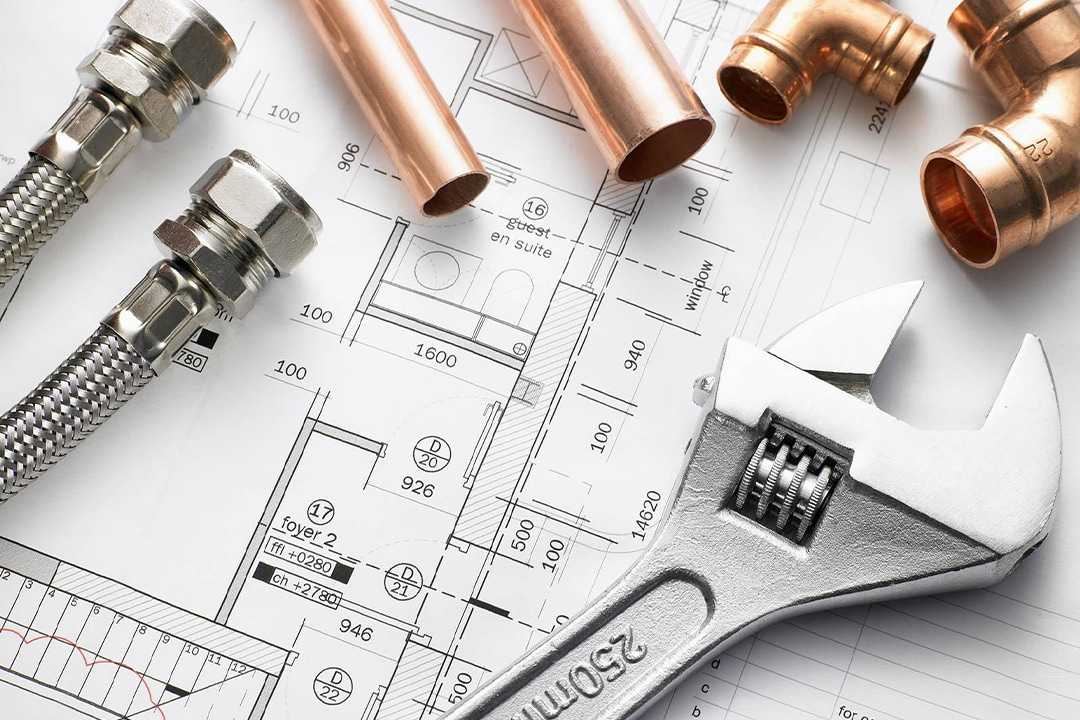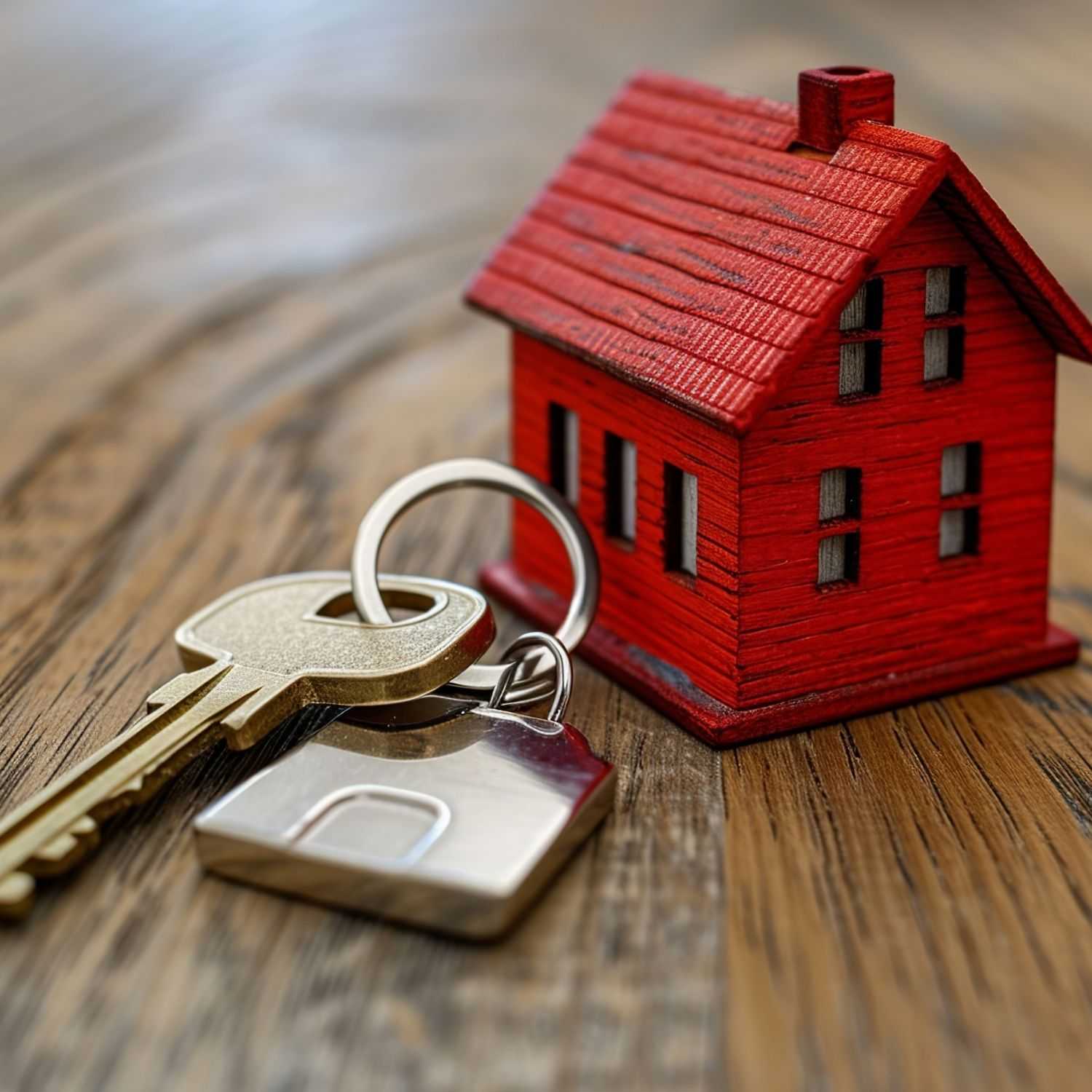Share post:
(Article updated April 2025)
Complying with the electrical safety regulations is crucial to continue operating as a rental property in London. The reality is that the rules and regulations are constantly evolving. You need to stay updated to stay compliant.
If you’re unsure about keeping up with all the electrical safety standards surrounding rental properties, keep reading.
In this article, you’ll get a helpful Q&A guide that will cover the essential information needed to meet the safety regulations of electrical systems, including wiring regulations, electrical equipment, health and safety, etc.
What are the current electrical safety regulations for landlords?
Since 1 June 2020, all London landlords of private rental properties are expected to comply with the Electrical Safety Standards in the Private Rented Sector (England) Regulations 2020. To summarise, this safety regulation requires landlords to ensure all electrical installations follow the 18th edition or BS 7671 (IET wiring regulations). These should be inspected and tested by qualified professionals every 5 years or less.
After getting the electrical safety report, the landlord is required to provide a copy to their tenants and, if requested, the local authority, too.
Why were these electrical safety standards introduced?
This improvement in the electrical safety standards is meant to ensure tenants or guests are safe and protected from electrical fires and similar risks. The 5-year inspection schedule ensures all electrical equipment and wiring continue to be safe.
With the regular inspection, authorities hope that the risk of electrical fires or shock will be eliminated, if not minimised.
Heather Wheeler, Housing Minister, has publicly commented:
“Everyone deserves a safe place to live. While measures are already in place to crack down on the minority of landlords who rent out unsafe properties, we need to do more to protect tenants. That’s why we introduced powers to enable stronger electrical safety standards to be brought in, along with tough penalties for those who don’t comply.”
This is also beneficial to landlords and property owners because it protects the property from damage. It also protects them from the hefty £30,000 fine and other legal consequences of non-compliance.
What do the electrical inspections involve?
These electrical inspections will determine if the property meets the standards of the 18th edition of the Wiring Regulations. It states the electrical safety standards that should be met. It also states the need for investigative or remedial work, in case the inspection deems it necessary.
During the inspection, the qualified electrician will check the wiring, socket-outlets, light fittings and fuse box and compare them with the electrical safety standards. The inspection should reveal if the electrical installations are updated and not overloaded. Risk assessments will also be made, specifically for electrical fire hazard or shock, lack of bonding or earthing (to prevent electrical shocks) and any defective electrical systems/installations.
Take note that this only covers fixed electrical installations and not cookers, televisions, fridges, etc. The latter is covered by PAT or portable appliance testing.
The electrical inspections should be done by a qualified electrician. Competent person schemes have been created by the electrical safety industry to help landlords find qualified inspectors. While these aren’t compulsory, it simplifies the process of finding qualified inspectors.
What should landlords do after receiving the inspection report?
The electrical inspection leads to an Electrical Installation Condition Report. Also called the EICR, it details the electrical situation in a property, specifically whether it meets the safety standards or not. It also indicates the next date of the inspection and test.
After receiving the EICR, there are two things landlords can do.
If the report is satisfactory, landlords have 28 days to give a copy to the tenant. If the local housing authority issues a request in writing, the landlord has 7 days to send a copy of the EICR. Landlords should also keep a copy for reference, in case there are future inspections or new tenancy agreements. If there are new tenants, they should be given a copy of the latest EICR before moving in.
If the report is unsatisfactory, landlords have 28 days to complete the remedial work indicated in the report. After the work is done, they should get a written confirmation that all repairs have been completed. The report will then be updated, and the new document should be given to the tenants within 28 days of release.
If the landlord fails to do the remedial work, the local authorities will take over to ensure the property complies with work regulations and safety standards. They will recover the cost of the remedial work from the landlord, who has the right to appeal against it.
Do the regulations apply to all properties in the UK?
The Electrical Safety Standards in the Private Rented Sector (England) Regulations 2020 apply to England but not Northern Ireland, Wales and Scotland. These locations have their legislation and regulations to follow.
In England, these regulations apply to all private rental properties leased as the only or main residence. The only exceptions are those with long leases (7 years or more), social housing, lodgers, hostels, care homes, hospitals, student halls, etc.
How do risk assessments fit into this?
Landlords are required to conduct regular risk assessments that go beyond what the EICR covers. This means looking at other potential hazards outside of the property like power lines, electrical systems and other equipment. This is necessary to ensure the surrounding area won’t put the property at risk.
If the property is in a building, landlords should pay attention to the building’s electrical systems, equipment and installations.
What happens if a landlord fails to comply?
Failure to comply with the current electrical safety regulations will lead to huge fines and maybe even legal action. Among the consequences are:
- Fines up to £30,000 to the local housing authority
- Legal action for breaching health and safety rules
- Inability to get insurance claims in case of fire or electrical damage.
Of course, there are cases wherein the landlord has tried but failed to find a qualified electrician to do the job. If they can show proof that they did their best to comply (e.g. documented communication between the landlord, tenant and electrician), they won’t have to suffer through the consequences of non-compliance.
Conclusion: Stay Compliant, Stay Protected
Being a landlord comes with several responsibilities. The most prominent one is safety. It’s not just the health and safety standards but also the electrical ones. You can’t afford to overlook the current electrical safety standards because it will keep your tenants and property safe from the risk of electrical fire and shock.
Meeting the safety regulations will keep this from happening and will also allow your property to continue operating as a rental unit.
At City Relay, we take compliance seriously. We work with our partners and landlords to ensure complete compliance with the latest electrical safety regulations. Beyond that, we also manage rental properties, including the day-to-day operations, guest or tenant communications, rent fee collection, maintenance, and many more.
Would you like to know more about how we can help your property stay compliant? Contact us so we can discuss how we can ensure compliance for your rental property.












